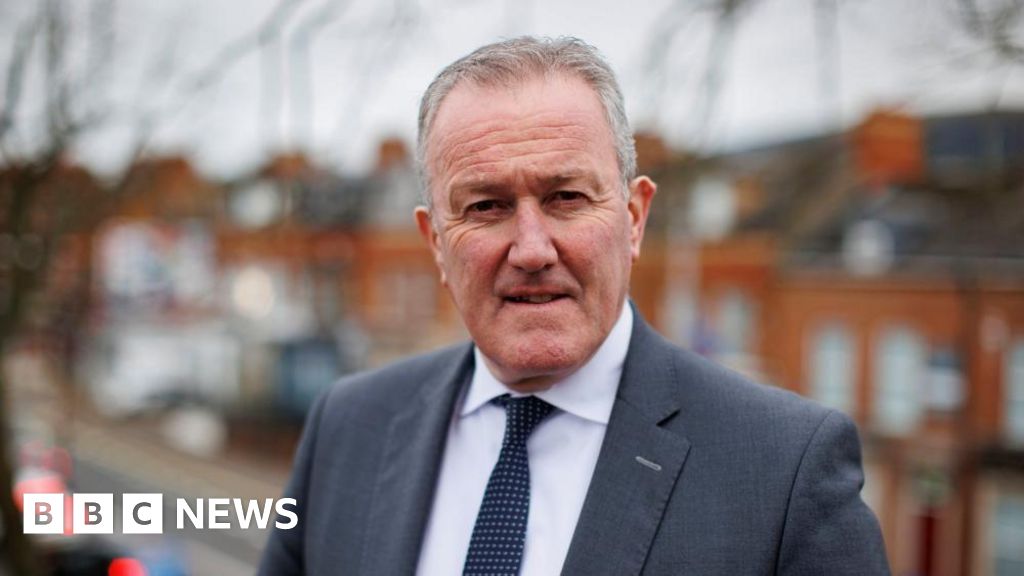Political Shift: Sinn Féin's Murphy Exits Stormont for Seanad Spotlight

In a significant political development, Sinn Féin is poised to announce the successor to its economy minister later today. The party is expected to swiftly fill the ministerial vacancy, demonstrating its commitment to maintaining continuity and leadership in economic governance. Political observers are eagerly anticipating the official announcement, which will shed light on the party's strategic personnel choices and future economic direction.
The upcoming reveal represents a crucial moment for Sinn Féin, as the selection of a new economy minister will signal the party's priorities and approach to economic policy. Stakeholders and party members alike are keen to learn who will step into this pivotal role and continue the work of driving economic growth and development.

